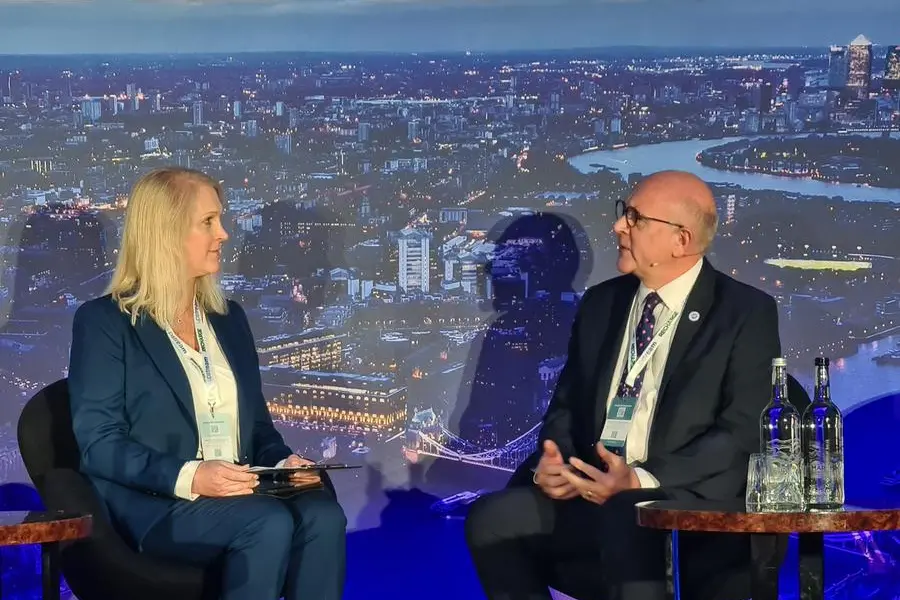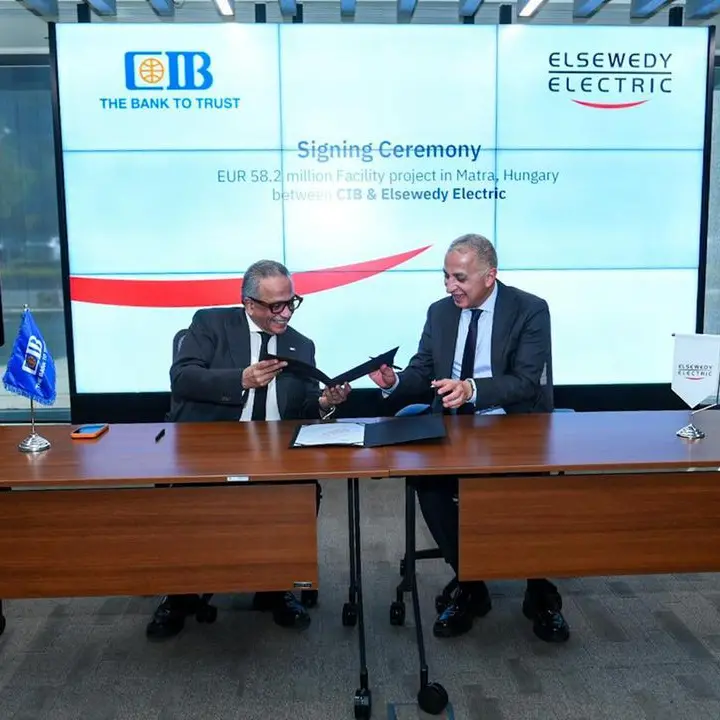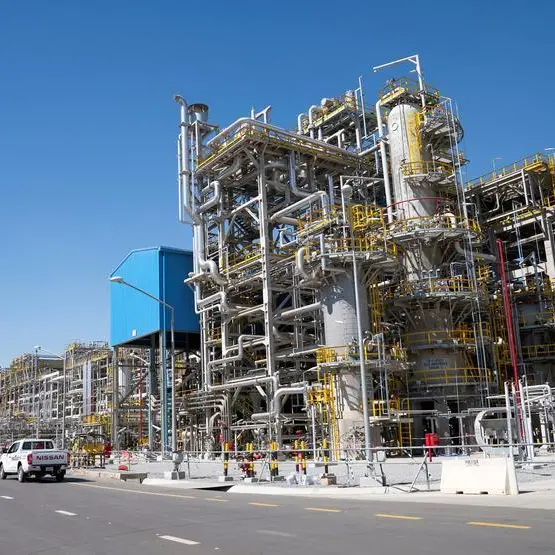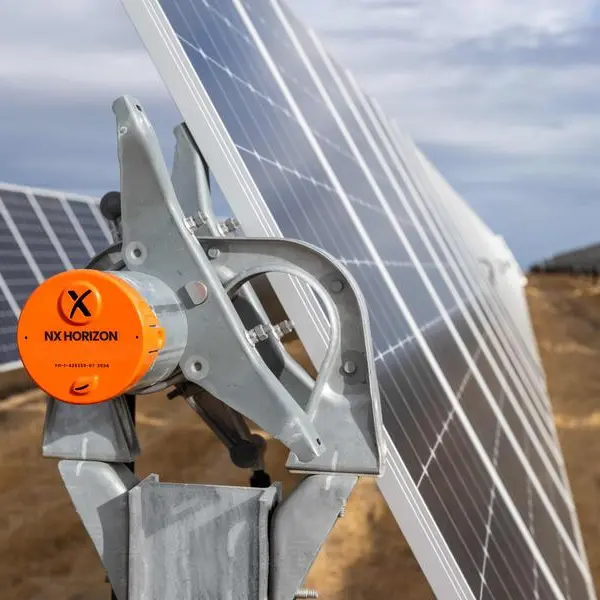PHOTO
The Energy Industries Council (EIC), a global trade association representing the energy industries' supply chain, has raised concerns about the impact of low final investment decision (FID) rates on cleantech projects, warning that this trend could significantly delay progress toward net-zero targets.
Speaking at Recharge and Upstream Energy Transition Forum in London on Tuesday, EIC’s CEO Stuart Broadley warned that current low FID rates in cleantech, including wind, hydrogen, and carbon capture, are behind what policy pledges demand, which will lead to lower installation rates than currently forecast.
He said: “The pressure to invest more in energy transition clearly exists, which EIC fully supports, but the reality is that this expectation is not being matched by demand for key technologies like hydrogen, carbon capture, and floating offshore wind, which are in most cases currently not bankable.”
For example, only 5 percent of the $2 trillion allocated for global fixed offshore wind projects has reached FID, reflecting the broader challenge facing renewable energy development.
Broadley elaborated: “Fixed offshore wind projects – already typically very low margin – are being hit by higher costs of capital due to higher interest rates, which has pushed them to zero or negative margins. So, governments will have to subsidise them again if they want these projects to get moving.”
EICDataStream, which tracks over 15,000 projects globally across all energy sectors, reveals that the global FID rate for renewable and transition technologies remains at or below 5 percent. In contrast, upstream oil and gas projects have an FID rate of 33 percent, while large-scale nuclear energy projects stand at 44 percent.
“The hesitancy to fully commit financially to renewable projects will slow down progress towards energy transition goals,” rued Broadley.
COP transparency
He also addressed the upcoming Conference of the Parties (COP) including COP29 which will be held next month in Baku, Azerbaijan and called for more transparency.
Instead of presenting aggregated global progress as part of the global stocktake, Broadley suggested developing a “league table” to track each country’s progress relative to its specific climate goals. This approach, he said, would enable more precise monitoring and encourage nations to uphold their commitments.
The EIC CEO also addressed the relationship between governments and the energy sector. “Some governments are becoming increasingly unfriendly towards the oil and gas sector,” Broadley said, adding that they often assume separate, “bad” supply chains for oil and gas, and “good” for renewables.
However, according to the EICSupplyMap database, 80 percent of companies in the UK energy supply chain, for example, still rely on oil and gas revenues while also being the driving force for cleantech provision.
Torbjorn Tornqvist, chairman of global energy commodities trading giant Guvnor Group had said in the UAE last week that the oil and gas industry will continue to remain a significant part of the future energy mix amid the complexities of energy transition.
Broadley called for an integrated approach to the energy supply chain, rather than adhering to a siloed mindset of “moving from the bad to the good.” Such an approach would allow companies to continue operations across all sectors, ensuring their survival and success during the energy transition.
(Editing by Anoop Menon) (anoop.menon@lseg.com)
Subscribe to our Projects' PULSE newsletter that brings you trustworthy news, updates and insights on project activities, developments, and partnerships across sectors in the Middle East and Africa.





















